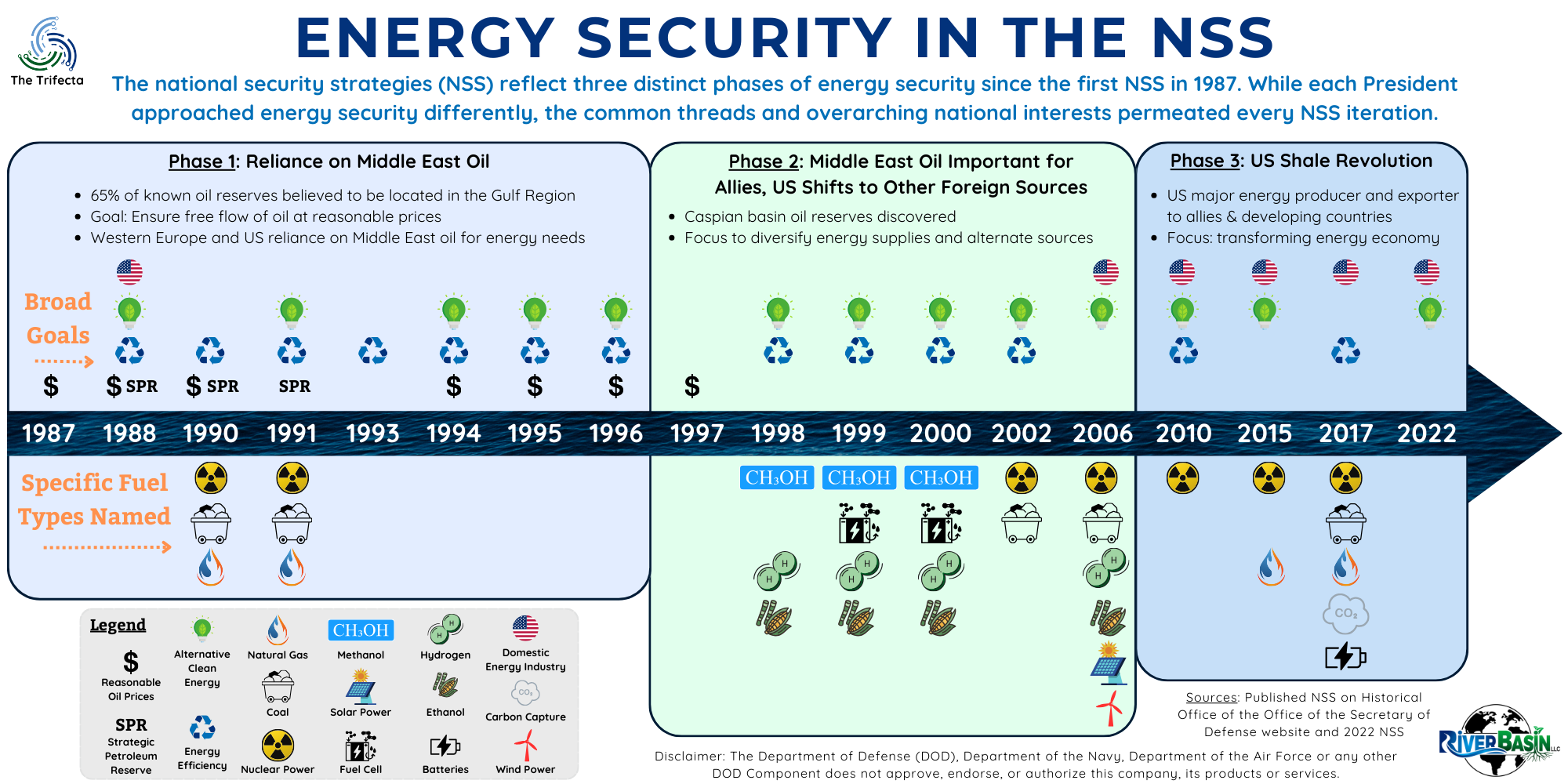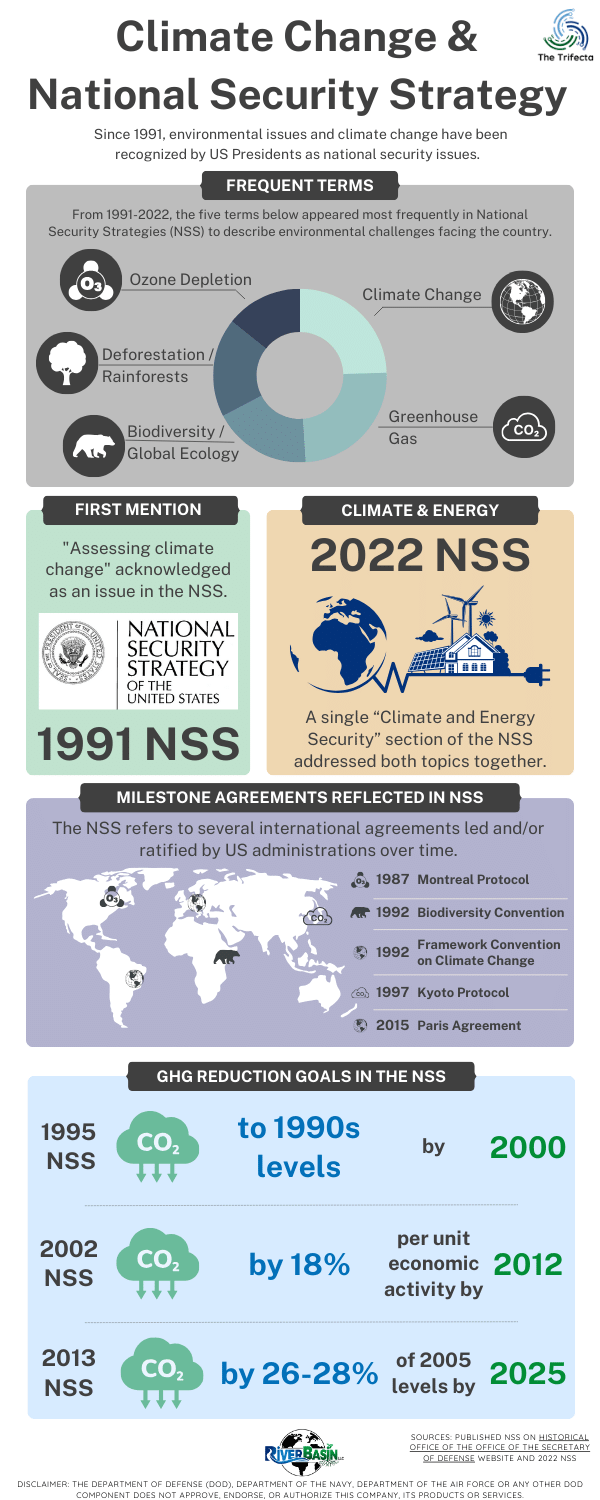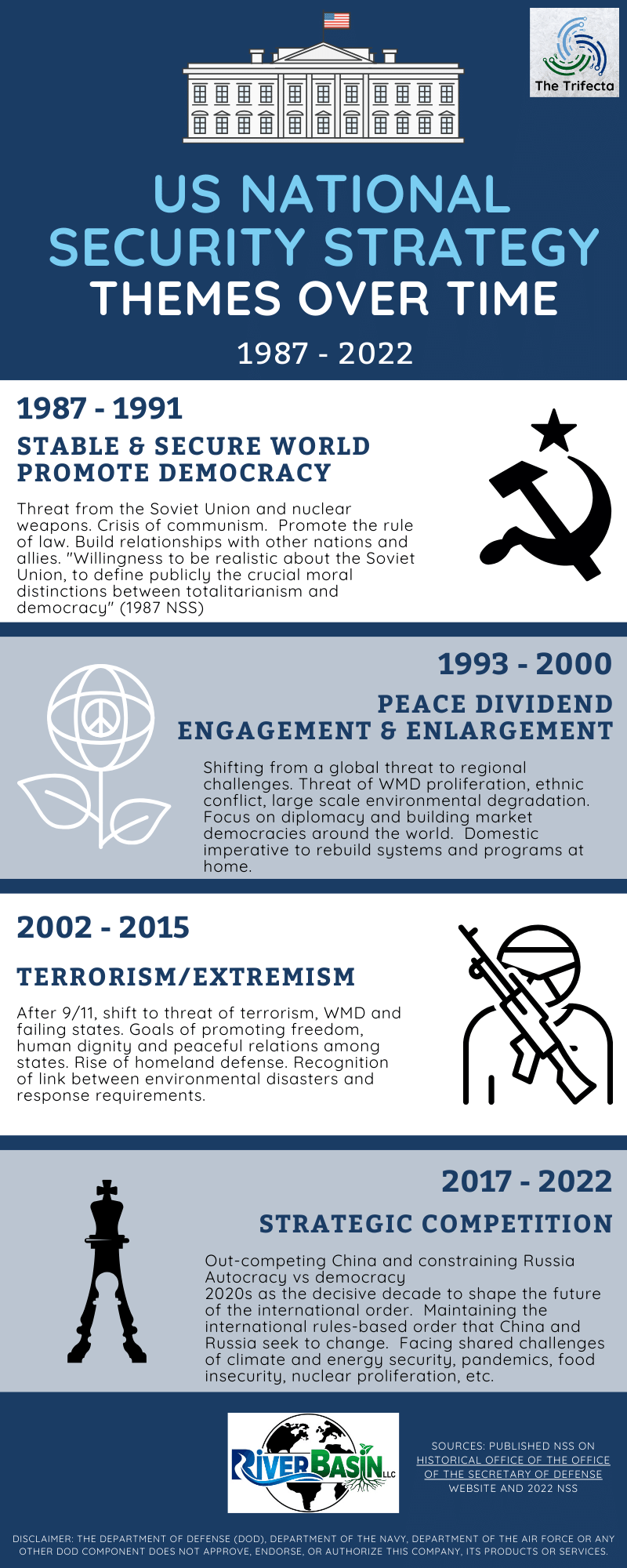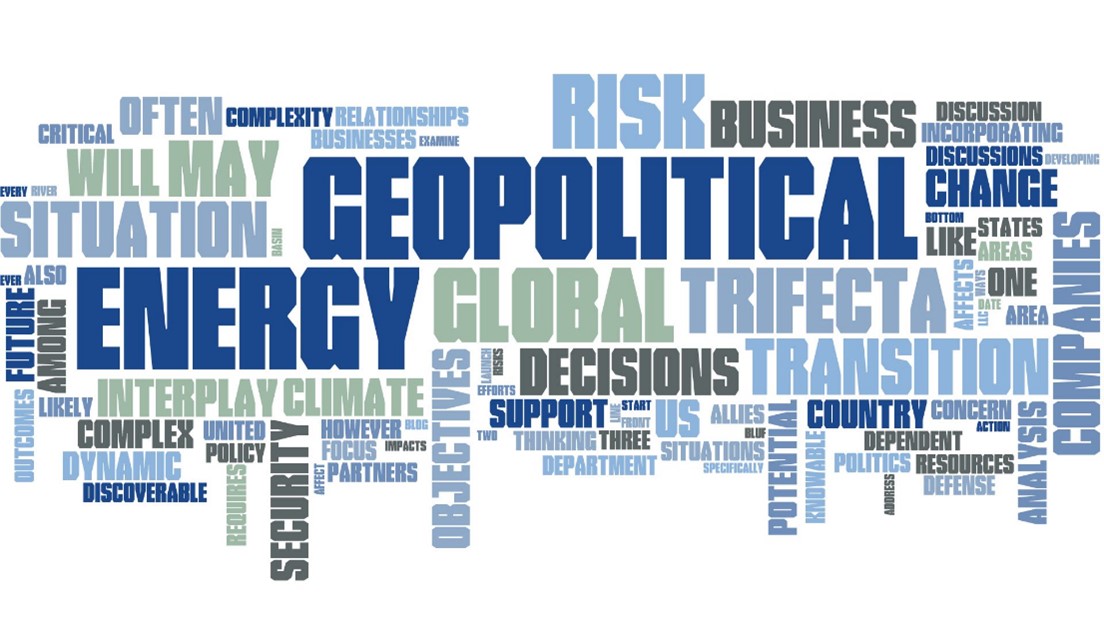Authoritarian vs Democratic Governments
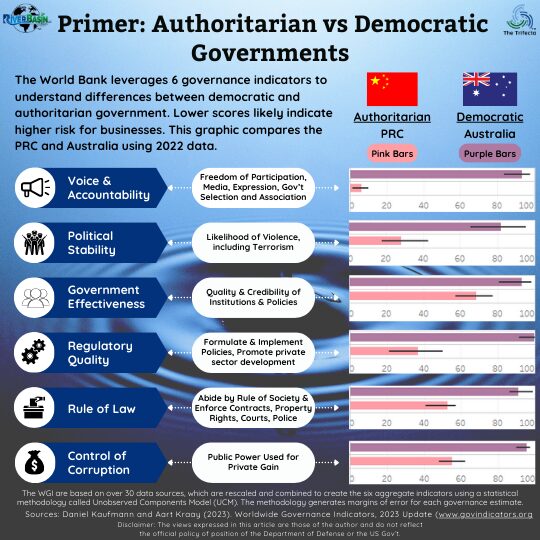
BLUF
Current global geopolitics features authoritarian rulers with more power than ever before. Authoritarian rulers do not ascribe to the same set of “rules” that democratic leaders do, making them dangerous to those who expect certain standards of behavior.
Why does this matter?
Authoritarian rulers possess the ability to disrupt energy company operations, affecting the company’s bottom line. Understanding the key features of an authoritarian regime helps companies identify potential risk areas.
Key Take-Aways
- Democratic governments are on the opposite end of the spectrum from authoritarian governments.
- “Checks and balances” do not restrain authoritarian rulers. They act unilaterally and with impunity.
- Operations or investments in authoritarian countries can add risk to energy companies.
Disclaimers: The views expressed in this article are those of the author and do not reflect the official policy or position of the Department of Defense or the U.S. Government. The appearance of external hyperlinks does not constitute endorsement by the United States Department of Defense (DoD) of the linked websites. The DoD does not exercise any editorial, security or other control over the information you may find at these locations.
Democratic governments are on the opposite end of the spectrum from authoritarian governments.
Several types of political systems exist, each with their own set of principles, values and methods of decision-making. These political systems underpin how society organizes and governs itself. In broad terms, political systems can be classified into two groups: those that prioritize representing the people and those that don’t. For this post, we will simply refer to democratic (representative) and authoritarian (non-representative) governments.
The World Bank’s World Governance Indicators (WGI) provide six key metrics used to evaluate the quality of government in a country. For energy companies, these metrics provide tangible examples to help understand what authoritarian behavior looks like to the country’s population. Insights provided by the metric scores would assist identifying potential risk areas (check out this post).
Across all indicators, low scores are associated with authoritarian governments, whereas high scores are associated with democratic governments.
The six indicators are:
- Voice and Accountability – Related to freedom of expression, media and association; Freedom to take part in selecting the government. Low scores indicate less freedom, which is associated with authoritarian governments.
- Political Stability and Absence of Violence/Terrorism – Related to the perceived likelihood of violence, including terrorism. Low scores indicate a high likelihood of violence, which is associated with authoritarian governments.
- Government Effectiveness – Related to the quality and credibility of the country’s institutions and policies. Low scores reflect the population’s lack of confidence in the government and are associated with authoritarian governments.
- Regulatory Quality – Related to the ability of the government to plan and implement policies, as well as promote private sector development. Low scores indicate low confidence in the government’s ability and are associated with authoritarian governments.
- Rule of Law – Abiding by rules of civil society, quality of contract enforcement, property rights, police, and courts. Low scores indicate a lack of rule enforcement and are associated with authoritarian governments.
- Control of Corruption – Public power being used for private gain. Low scores indicate a high level of corruption and are associated with authoritarian governments.
The Economist Intelligence Unit’s democracy index depicts the distribution of authoritarian governments.
The WGI aggregates data from over 30 think tanks, international organizations, nongovernmental organizations and private firms from around the world. One of those sources is the Economist Intelligence Unit (EIU), which publishes a democracy index each year. Using the 2022 EIU data, Visual Capitalist created the below infographic, which provides a map-based view on authoritarian versus democratic governments around the world.
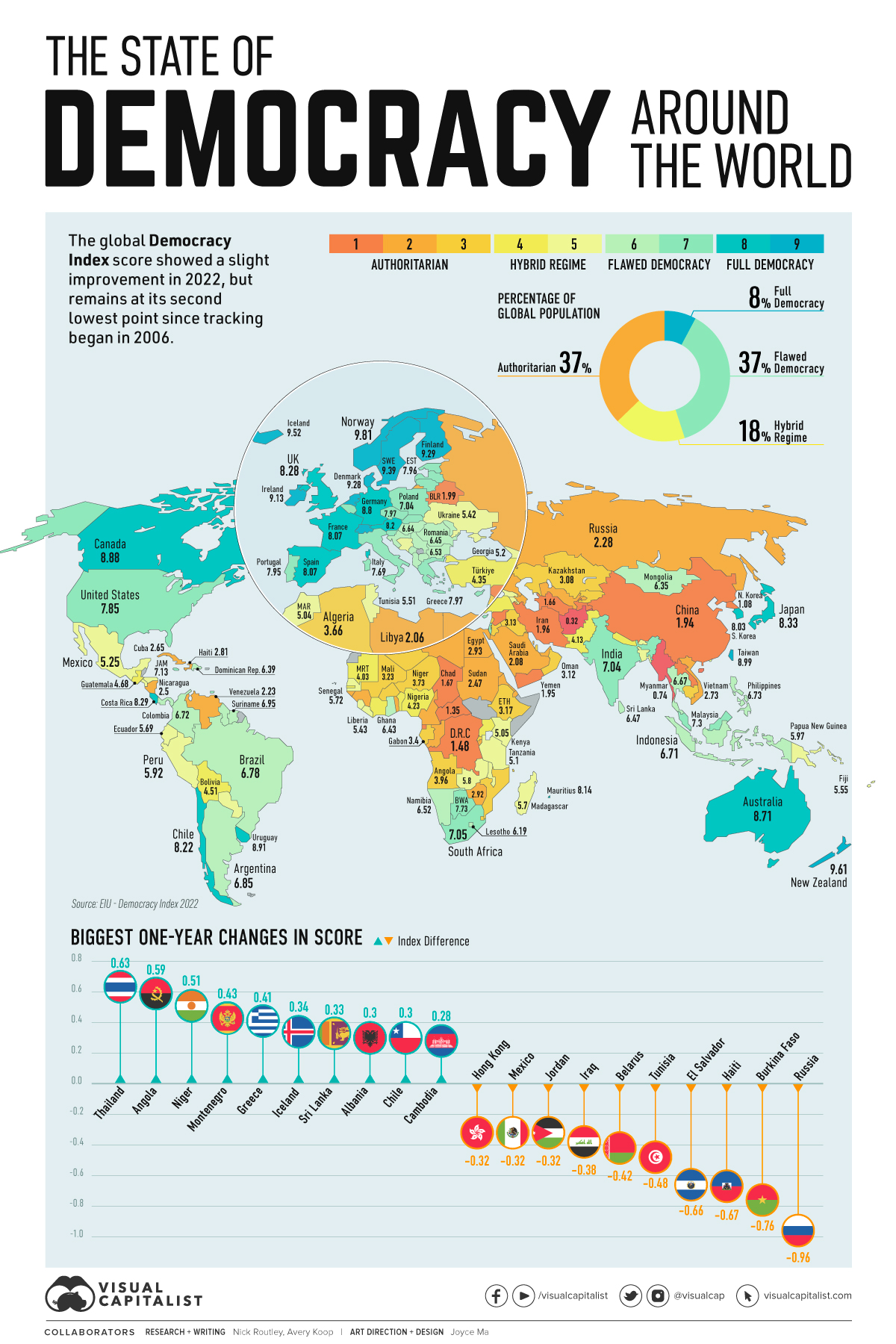
Source: Visual Capitalist
On the high end of the one-through-nine scale (8.0 – 9.0), countries with a “full democracy” are colored in teal or blue. Examples of full democratic governments are Chile, Australia and Iceland. On the low end of the scale (1.0 – 3.0), countries with “authoritarian” governments are colored in red and orange. Examples of authoritarian governments are China (PRC), Russia, and Iran.
The bottom of the infographic depicts the largest one-year change in status. Changes in the democracy index are independent of the form of government. For example, Chile was already a democracy and had a 0.3 increase. Alternately, Niger also improved by 0.51 and has an authoritarian government.
“Checks and balances” do not restrain authoritarian rulers. They act unilaterally and with impunity.
For examples of what unilateral action with impunity looks like, read this post chronicling Putin’s actions against industry in 2022-2023.
Authoritarian leaders would drive the WGI indicators lower. Review the graphic at the top of this post for a comparison of 2022 WGI scores between the PRC and Australia. The PRC is at or below 50% on every indicator except government effectiveness.
One aspect of the “Voice and Accountability” indicator is the population’s participation in selecting its government. In authoritarian countries, voting may happen but is often for show only and the outcome is predetermined. For example, many criticized the 2021 Putin reelection as fraudulent, particularly following the new laws he signed, allowing his participation and preventing other participants from running.
Similarly, the PRC’s National People’s Congress abolished term limits in March 2018, enabling Chairman Xi to run for a third term. An 18% WGI indicator score for “Voice and Accountability” reflects the PRC media censorship (including the Internet) that prevented public debate or opposition to the change. Greater centralization of decision-making follows a change like this, further deteriorating any dissention or alternate views.
Actions by authoritarian rulers sometimes result in consequences levied the international community, such as sanctions and trade embargoes. The suffering falls on the population, not the country’s leadership. With the population having no influence, there is minimal internal recourse against the authoritarian ruler.
Operations or investments in authoritarian countries can add risk to energy companies.
Authoritarian rulers are not new. With their increased power in a globalized world, they can leverage it in new and impactful ways. They are actively challenging the rules-based international order, which presents risk for uninterrupted operations of energy companies and for broader national security.
Few controls and accountability mechanisms constrain authoritarian rulers. If energy companies decide to conduct business in countries with authoritarian rulers, they need to do so based on a rigorous risk assessment.
Decades of profitable business engagement in authoritarian countries add bias to energy leaders’ perceptions of the risks. If nothing else, consider Putin’s actions against industry in 2022-2023 a wake-up call. Energy leaders must reevaluate the risk authoritarian rulers present to their companies in today’s geopolitical environment.

Think About It…
- How is your approach to business in authoritarian countries different from other countries?
- What business opportunities in authoritarian countries have proven profitable in the past?
- When are business deals in authoritarian countries discussed among your management?
- In what situations does your company choose to operate in an authoritarian country?
- Which of your component or feedstock suppliers are in an authoritarian country?
DOPSR 24-P-0233


